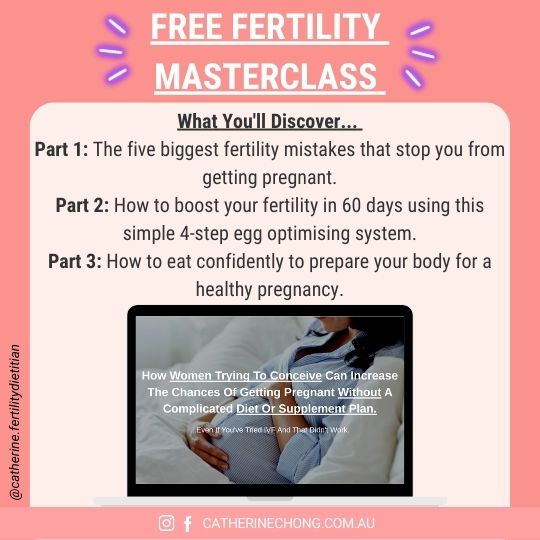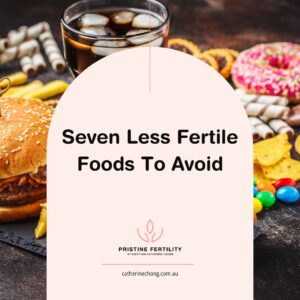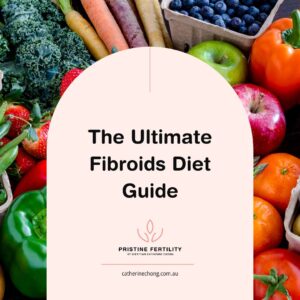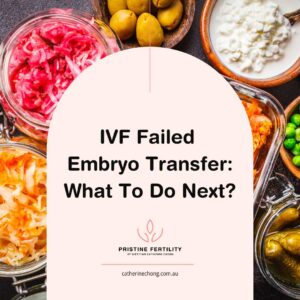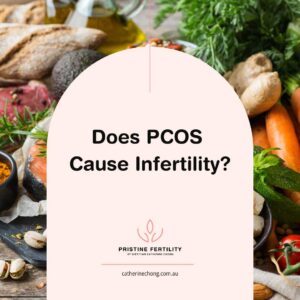Improving Fertility with Coenzyme Q10 (CoQ10)
What Is Coenzyme Q10 (CoQ10) and Its Impact on Fertility?
Coenzyme Q10, commonly known as CoQ10, is a fat-soluble organic compound and a potent antioxidant crucial in reducing oxidative damage within the body. Its primary functions involve preventing the formation of harmful free radicals, such as lipid peroxidation and DNA oxidation.
Notably, CoQ10 for fertility is becoming an increasingly popular topic as we continue to understand the significance of this dynamic compound in our body’s energy production cycle, especially concerning our reproductive cells. As we age, our bodies produce less CoQ10, making supplementation particularly valuable, especially for those seeking fertility treatments.
CoQ10 is essential for the health of all human tissues and organs, and this dynamic compound holds power to fuel our body’s energy production cycle, even our precious egg cells. CoQ10 supplementation has long been used in fertility treatments, associated with increased clinical pregnancy outcomes. In this blog post, we dive into the latest research on CoQ10 and its transformative role in improving fertility.
CoQ10: A Natural Ingredient for Fertility
CoQ10 is naturally present in our bodies and can be found in certain foods, such as organ meats (e.g., liver), fatty fish (e.g., salmon and tuna), and whole grains. While we’re young, a sufficient amount of CoQ10 is typically obtained from the diet and internal production. However, as life’s journey unfolds or specific health conditions arise, CoQ10 levels may gradually decline, rendering our bodies more susceptible to oxidative stress. This brings to light the relevance of CoQ10 for fertility health.
3 Ways Coenzyme Q10 Improves Fertility
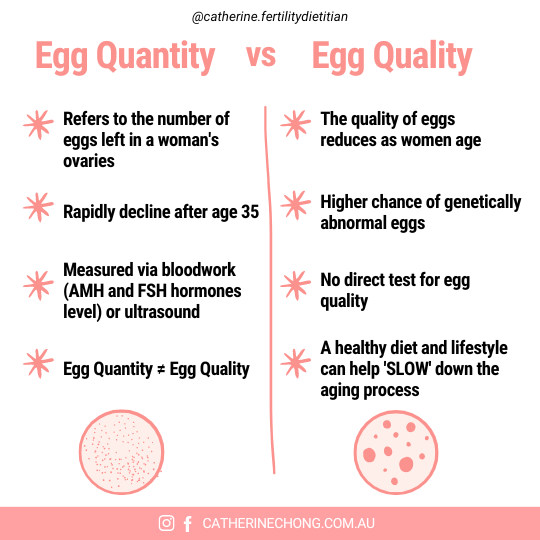
1. Improved Egg Quality
Its profound ability to elevate egg quality in women is among the most extensively documented benefits of CoQ10 supplementation. The potent antioxidants present in CoQ10 foster a nurturing environment for oocyte development.
In a notable randomised controlled trial, CoQ10 supplementation exhibited a promising surge in retrieved oocytes among young women with poor ovarian reserve undergoing the IVF-ICSI cycle. Moreover, it was linked to a significant 67.5% fertilisation rate and an increased number of high-quality embryos.
2. Elevating Clinical Pregnancy Rates
The enhancement in egg quality, powered by CoQ10, leads to significantly higher clinical pregnancy rates. Extensive research has solidified the connection between CoQ10 levels, antioxidant levels, and elevated clinical pregnancy rates. Women who incorporate CoQ10 for fertility into their regimen have seen a marked increase in clinical pregnancy rates. This correlation provides optimism for women aged 35 and above seeking to enhance fertility.
3. Improved Sperm Quality
Besides, CoQ10 has also been found to benefit male fertility through increased sperm quality. One study has shown that antioxidants may be critical in protecting male germ cells against oxidative damage. Supplementation of CoQ10 has been associated with improvement in sperm parameters.
CoQ10 Absorption: Ubiquinone vs. Ubiquinol
CoQ10 exists in two forms – ubiquinone and ubiquinol. The process of CoQ10 absorption is complex, and the bioavailability of CoQ10 supplements can vary widely.
Historically, ubiquinol was believed to be the most absorbable form of CoQ10. However, recent research has stirred up discussions around the potential effectiveness of the standard ubiquinone form. It suggests that our body is capable of converting ubiquinone to ubiquinol. While definitive conclusions remain elusive, the mystery surrounding CoQ10 absorption is increasingly captivating.
How Much CoQ10 Supplement Should I Take?
Current research suggests a typical CoQ10 dose for fertility support falls between 300 mg to 1200 mg per day, taken for at least 2-3 months before initiating fertility treatments. However, needs can vary depending on the individual, making it important to consult with a medical professional and specialised fertility dietitian before starting any supplementation.
The Bottom Line
- CoQ10 for fertility can improve egg and sperm quality, fertility outcomes, and increased clinical pregnancy rates.
- Additionally, factors such as age and certain medical conditions can lower CoQ10 levels, making it even more critical to consider CoQ10 supplementation as part of a comprehensive fertility strategy.
Need More Help?
Don’t navigate this journey alone. Schedule a personalised nutrition consultation today. Let’s clear the confusion together and boost your fertility naturally.
You May Also Be Interested In
Disclaimer: Content on this website is provided for information purposes only and should not be replaced with medical advice. We recommend you discuss with your healthcare providers (doctor, dietitian, pharmacist, etc.) any medical questions for diagnosis and treatment, dietary plan, or use of any medications and nutritional supplements before you make any changes. DietitianChong Pty Ltd shall not bear any liability for reliance by any user on the materials contained on this website.

